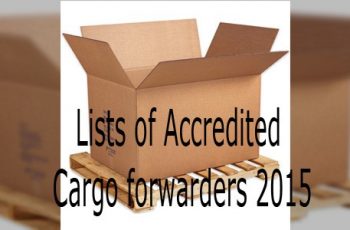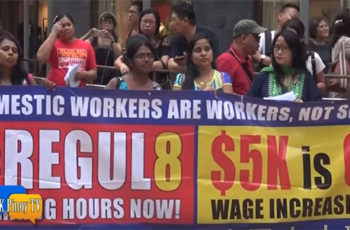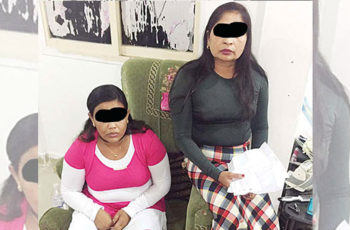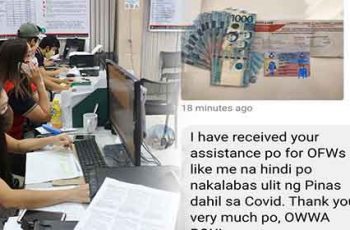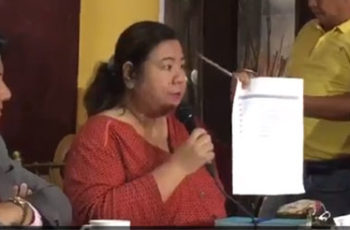MANILA, Philippines – The government is being urged to address issues with the OFW Pass mobile app to enhance its user-friendliness for overseas Filipino workers (OFWs), who play a vital role in contributing billions to the nation’s economy.
Overseas Filipino Workers (OFW) Representative Marissa Magsino has called on the Department of Migrant Workers (DMW) and the Department of Information and Communications Technology (DICT) to promptly resolve the reported glitches in the app. Early users of the OFW Pass app have expressed frustrations over challenging log-ins, system bugs, and errors in field entries.
Magsino acknowledged the concerns and disappointment voiced online by OFWs due to the application’s complex user interface. While appreciating the efforts made so far, she stressed the necessity for a comprehensive review of the app based on the initial feedback received.
The legislator emphasized the importance of fine-tuning and tweaking the app to ensure it becomes more user-friendly, effectively meeting the expectations of OFWs.
The Department of Migrant Workers (DMW) Secretary Susan Ople stated that the app’s primary purpose is to streamline the Overseas Employment Certificate application process. However, it is still undergoing rigorous testing by the DICT before its formal launch.
We appreciate the support extended by the DICT to ensure the security of our mobile app,” stated Ople.
During her presentation at the Kapihan sa Manila Bay Forum, Ople disclosed that the idea for the app, known as OFW Pass, was born out of the demands of Overseas Filipino Workers (OFWs) for a more convenient alternative to the paper-based Overseas Employment Certificate (OEC) which incurs a P100 fee.
As per President Ferdinand Marcos Jr.’s directive, the DMW has issued an order to provide the OFW Pass Mobile App. This is free of charge to all OFW users.
Ople emphasized that President Marcos had emphasized the app’s free nature as a tribute to the immense sacrifices and contributions made by the modern-day heroes, the OFWs, their families, and the Philippines economy as a whole.
Citing data from the Bangko Sentral ng Pilipinas (BSP), she pointed out a 3.2% rise in dollar remittance flows from January to April 2023, compared to the same period the previous year.
The decision to forgo the P100 OEC charge, according to Ople, was an easy one, given the significant and consistent contributions of OFWs to the nation’s economic growth and their families well-being.
To ensure seamless database management and other relevant processes, the DMW and the Bureau of Immigration have signed a Memorandum of Agreement. “Our ultimate aim is to simplify the journey of our OFWs,” Secretary Ople remarked.
Looking ahead, the plan is to incorporate more features into the mobile app and integrate it with DICT’s e-Gov app. However, for now, the primary focus remains on educating OFWs about the OFW Pass features, Ople added.
Addressing the issues with the OFW Pass app is seen as crucial to facilitating a smoother and more efficient experience for OFWs, who significantly contribute to the country’s economic growth.

